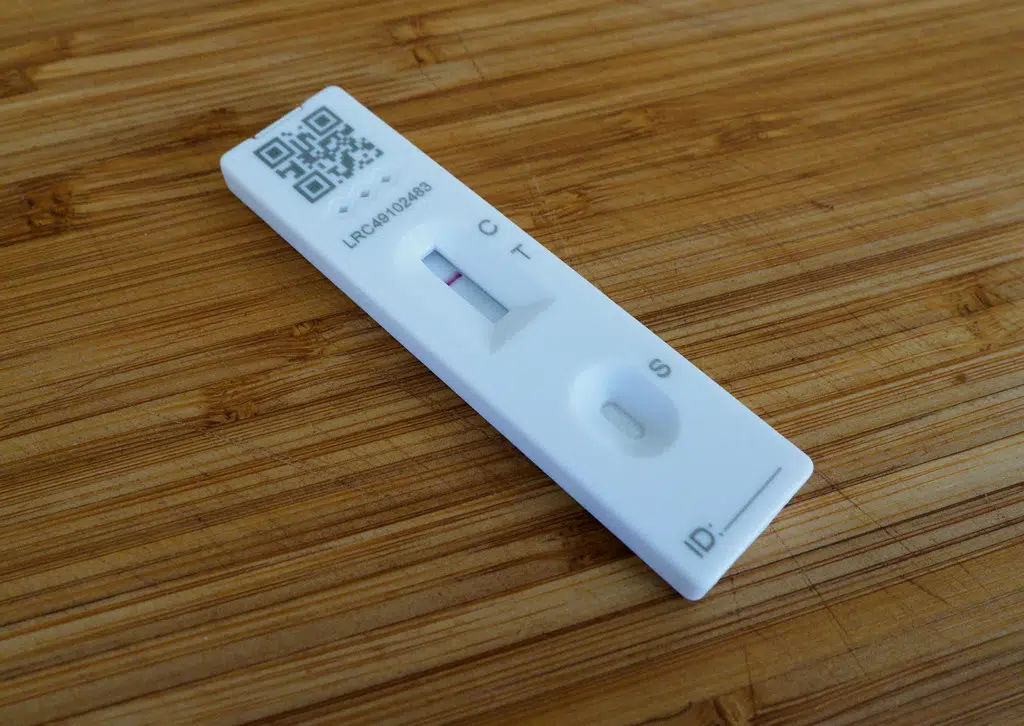New guidelines for COVID-19 testing and isolation in New Brunswick came into effect on Tuesday night.
PCR tests are now reserved for certain groups, while everyone else who is symptomatic will have to take a rapid test.
In a phone interview Wednesday, Health Minister Dorothy Shephard said the decision was made after a Public Health recommendation.
“It’s a difficult pivot because it happened after the holidays, which of course we were encouraging everyone to use rapid tests, but now we need to shift,” said Shephard.
Shephard said the decision was made due to the Omicron variant, and rising case numbers.
“Omicron is everywhere, and the number of cases that we have is certainly important to try and understand how we can protect ourselves,” she said.
“Now, rapid tests are one tool in the toolbox that we used over the Christmas holidays to ensure we weren’t going to visit people, and put them in harm’s way.
“Now we need to shift from asymptomatic testing to symptomatic testing and for those who are two to 50 it will be rapid point-of-care tests (POCT) and for those who are over 50, who are more at risk … we will do PCR, so we can monitor them properly,” added Shephard.
The updated guidelines also indicate a positive rapid test result will be treated as a positive case, and residents will have to report results online.
As well, residents have to book an appointment online in order to get a rapid test kit.
However, Shephard said if you do not have access to the internet, there is a call-in number to access a rapid test kit.
“If there are mobility issues I would like them to let us know, and we will do everything we can to accommodate,” she said.
On Wednesday, the federal government announced it will distribute 140 million rapid tests to provinces and territories this month.
Shephard said New Brunswick is allocated two per cent of the total, which equals approximately 2.8 million tests.
However, New Brunswick will now receive rapid tests from the federal government on a per-capita basis.
“So, we have to use them wisely, and this is the shift with living with COVID-19 that we knew would come, Omicron has sped things up, and we need to be prudent on how we’re utilizing this,” added Shephard.








